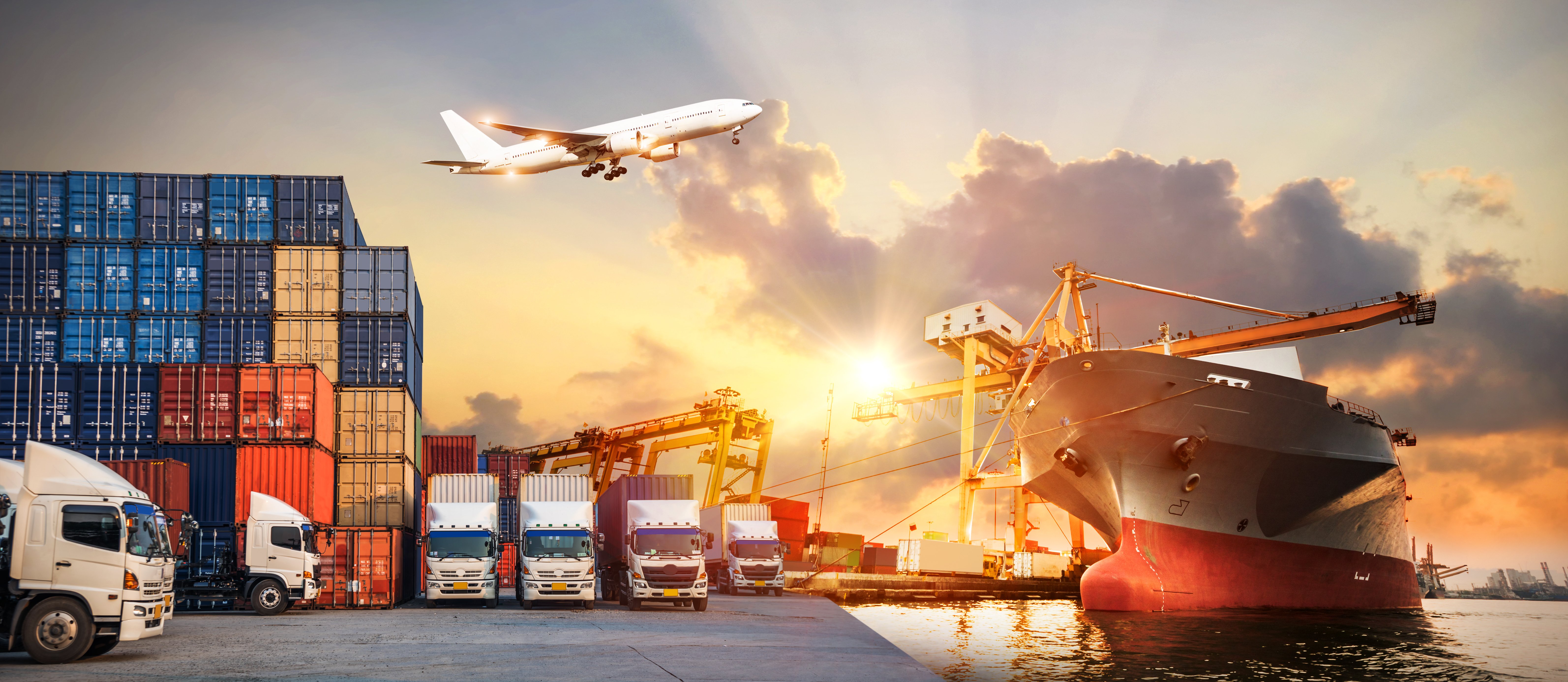The Essential Position of Cargo Expedition in International Commerce
The Essential Position of Cargo Expedition in International Commerce
Blog Article
Cargo journeys play an essential part in the smooth movement of products across the globe and are the foundation of international trade and commerce. When it comes to transporting raw materials, completed products, or food items that are perishable, cargo trips assure supply chains are functioning efficiently and with a high degree of reliability. With globalization accelerating the global interconnectedness of markets the need for efficient and reliable logistics services is never greater. The sector is a complex mix of logistics modern technology with robust infrastructure to meet the dynamic needs of businesses across the globe. From air-based freight to ocean shipping and land transport, cargo expeditions serve as the mainstay of international trade, helping bridge the gap between manufacturers, suppliers and buyers.
The most crucial element of a successful cargo journey is the diverse range of transport options available to satisfy specific requirements for shipping. Air freight, known for its reliability and speed, is often used for valuable or sensitive goods like electronics, pharmaceuticals and other fashion-related products. Ocean shipping on the contrary, is the most popular movement of bulk goods, and offers cost-effective solutions for things such as grain, oil and machinery. Transport by land, including railroads and trucks, is essential for last mile delivery as well as regional connectivity. By integrating these modes into multimodal transportation infrastructures cargo operations, they maximize efficiency and speed up transit time, ensuring goods reach their destinations according to schedule.
The logistics involved in cargo trips require a meticulous plan and coordination of various players such as freight forwarders, shipping firms, customs brokers, and the end consumers. Businesses must think about a range of variables including routes, the time of transit, delays and regulations regarding customs that all impact the cost overall and efficiency of the cargo. As an example, customs rules can play an important role for international shipping as goods must clear customs before entering or leaving a country. Untrue documentation or failing to adhere to regulations can lead to delays, thereby increasing costs and complicating the expedition process. The efficient management of cargo, as such requires a higher degree of coordination as well as expertise in order to navigate these complexities and ensure timely deliveries.
As the world's logistics market continues to grow, technology has played an increasing role in shaping cargo expeditions. New tracking technology as well as digital documenting and the automated handling of Cargo Expedition are changing the way goods are handled throughout the entire process. Technology like RFID and GPS allow continuous tracking of cargo which provide both the shipping business and client with the most current information regarding the exact location of cargo. The advancements in technology have made it easier to monitor the status of cargo, ensuring that any delay or problems are swiftly resolved. Furthermore, digitalization has streamlined documentation processes, reducing the need for paper-based paperwork and making the customs clearance process easier and faster. To generate additional information please visit Muat
Sustainability is also an essential aspect in transporting cargo, since the logistics industry is under increasing demands to minimize its impact on the environment. Transportation, specifically in the maritime and air industries is a major contributor to the global emissions of carbon. To combat this, many companies are adopting more environmentally sustainable methods, like using green fuel, enhancing routes to reduce fuel consumption, and making investments in more energy efficient technologies. Some companies are also exploring alternative methods of transporting cargo, like electric trucks or even solar-powered vessels to lower the carbon footprint of their operations. The growing emphasis on sustainable cargo operations is a reflection of a wider movement towards environmental sustainability and the necessity to tackle the effects of climate change.
Cargo expeditions are the cornerstone of international trade, which allows trade of goods, and stimulating economic growth across the globe. Utilizing advanced transportation technology with cutting-edge technology and an attention to sustainability, the sector continues to develop to accommodate the needs of an increasingly interconnected globalized. The commitment and experience of logistics professionals further enhance the quality and effectiveness of these operations, ensuring that firms are able to thrive in competitive markets. Since global trade continues expand, cargo expeditions remain a key link in the supply chain, facilitating the growth of commerce while promoting collaboration at a new level. They have a profound impact on logistics, shaping economies, and connecting communities across the globe.